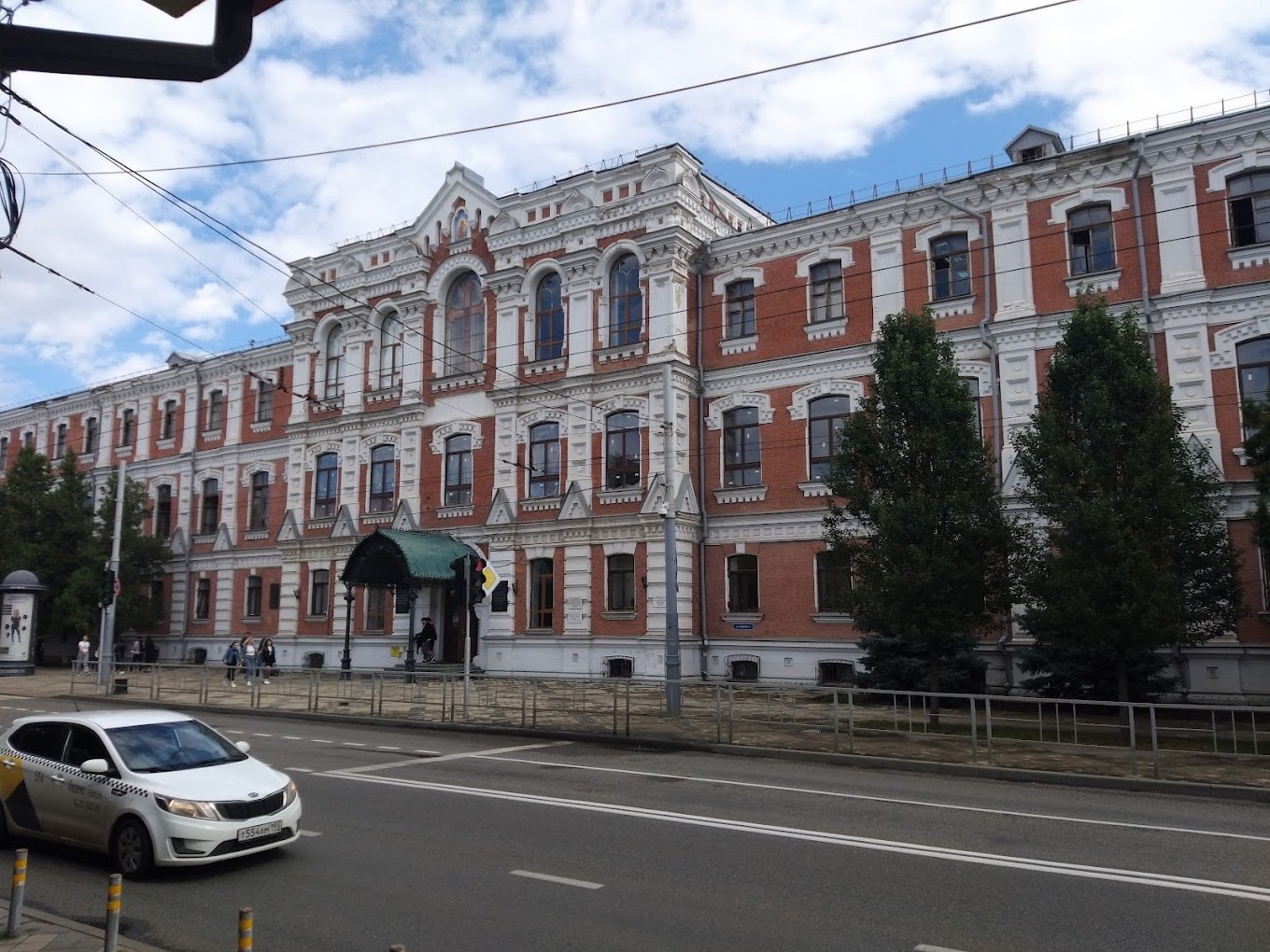
1. Introduction to Kuban State Medical University (KubSMU)
Kuban State Medical University (KubSMU) boasts a rich history, providing over 50 years of quality education to students from 100+ countries. Established in 1920, it stands as a prominent institution in medical education.
2. Health Care Faculty at KubSMU
The Health Care Faculty is a cornerstone at KubSMU, serving as the primary educational, scientific, and practical hub. With an enrollment of over 2000 students, it plays a vital role in shaping the future of healthcare professionals.
3. Faculty Staff Composition
The faculty is backed by a dedicated team of 341 members, including 52 professors, 83 associate professors, 16 senior teachers, 158 assistants, and 21 teachers. This diverse team contributes to the academic excellence of KubSMU.
4. Scientific Achievements
Active engagement in scientific research is a hallmark of KubSMU’s Health Care Faculty. It has produced numerous candidate and doctoral dissertations, published extensively in prestigious journals, and secured grants from institutions like the Russian Foundation for Basic Research.
5. Clinical Contributions
Beyond academia, faculty members actively participate in consultative, organizational, and medical activities. Their involvement includes assessing treatment quality, participating in conferences, and contributing to the broader medical community.
6. Evolution of Educational Process
Over the past decade, KubSMU has undergone significant reorganization in its educational approach. The faculty combines classical teaching methods with modern approaches, integrating multimedia and computer technology for an enhanced learning experience.
7. Optimization of Educational Process
Continuous improvement characterizes the educational process at KubSMU. Methodological guidelines are refined, and new teaching methods, including computer testing, are introduced. The focus is on providing clarity and relevance in medical education.
8. Infrastructure and Resources
The faculty is equipped with practical skills rooms, facilitating hands-on learning for essential medical manipulations. This commitment to infrastructure ensures students gain practical experience, preparing them for the challenges of the medical field.
9. Recognition by the European Medical Agency (EMA)
Textbooks and teaching aids developed by KubSMU’s Health Care Faculty are recommended by the European Medical Agency. This recognition underscores the faculty’s contribution to the global standard of medical education.
10. Conclusion
In conclusion, Kuban State Medical University’s Health Care Faculty stands as a beacon of excellence in medical education, research, and clinical practice. With a commitment to innovation and a rich heritage, it continues to shape the next generation of healthcare professionals.
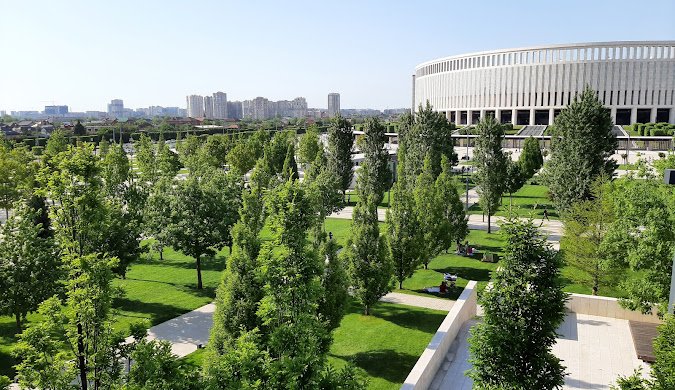
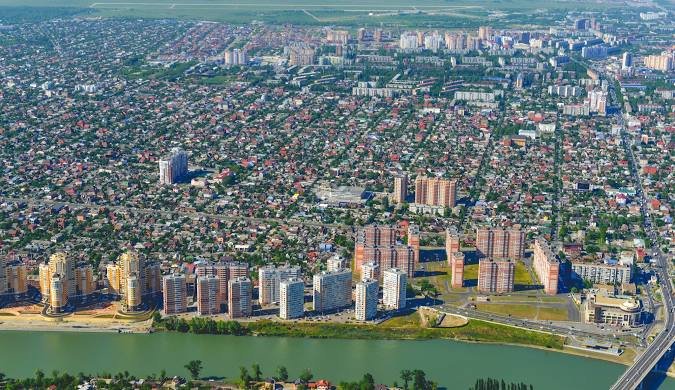


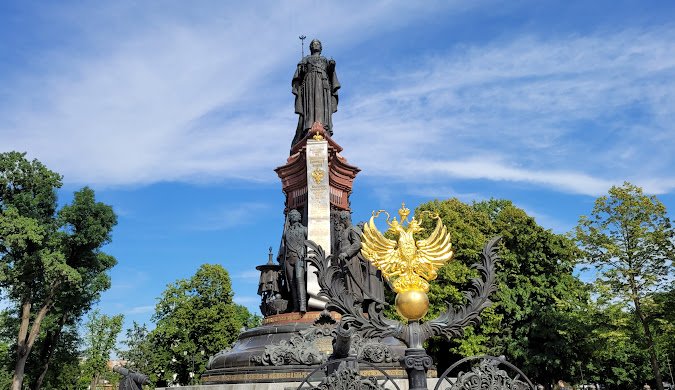
Krasnodar: Gateway to Southern Russia
Krasnodar, formerly Yekaterinodar until 1920, is a thriving city and the administrative hub of Krasnodar Krai, Russia. Situated on the Kuban River in the southern region, Krasnodar has witnessed significant population growth, earning its status as the thirteenth-largest city in Russia and the second-largest in the Southern Federal District.
Historical Roots and Development
The city’s roots trace back to 1793 when it emerged as a fortress built by the Cossacks. Over time, it evolved into a pivotal trading center for southern Russia. Despite enduring heavy damage during World War II, Krasnodar underwent extensive reconstruction, transforming into a key economic hub in the south.
Economic Significance
In 2012, Forbes recognized Krasnodar as the best city for business in Russia, underscoring its economic importance. The city’s strategic location, coupled with its economic vitality, positions it as a major player in the southern Russian landscape.
Cityscape and Sights
Krasnodar boasts a rich array of sights, with the Krasnodar Stadium standing out among them. The city’s commitment to rebuilding and modernization after World War II is evident in its thriving urban landscape.
Geographical Location
Situated on the right bank of the Kuban River, Krasnodar is approximately 1300 km south of Moscow, making it a prominent city in the southern part of the country. Additionally, the Black Sea lies just 120 km to the west.
Climate Overview
Under the Köppen climate classification, Krasnodar experiences a humid subtropical climate, bordering on a hot-summer humid continental climate. Winters are cold, occasionally with snow cover, while summers are typically hot. The city receives around 735 millimeters of precipitation annually, contributing to its diverse climate.
Temperature Extremes
The temperature range in Krasnodar reflects its continental climate. Winters can see temperatures below -20 °C, while summers may experience occasional highs exceeding 20 °C. Extreme temperatures have been recorded at -32.9 °C in January 1940 and 40.7 °C in July 2000.
In essence, Krasnodar stands as a testament to resilience, blending historical significance with modern economic prowess, making it a dynamic city in the heart of southern Russia.

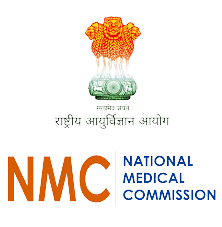
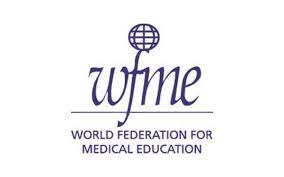
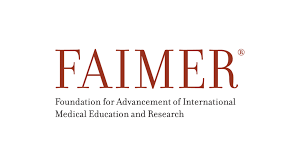
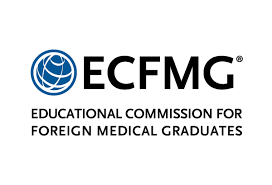
Program Details:
Climate:
Accreditation and Recognition:
Cultural and Religious Context:
Degree Information:
1. MCI Authorization:
2. Qualified Professionals:
3. Modern Facilities:
4. No Donation Requirement:
5. Learning Environment:
6. Research and Development:
7. Affordable Quality Education:
8. Access to Resources:
9. Research Programs:
10. Advanced Degrees:
11. Career Preparedness:
12. English-Medium Instruction:
13. Cost-Effective Campus:
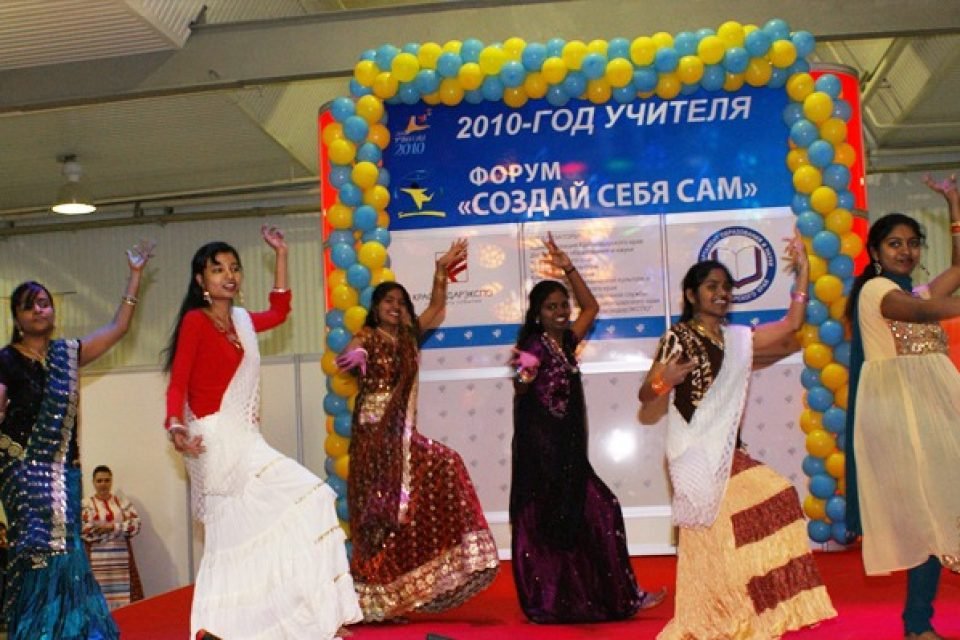
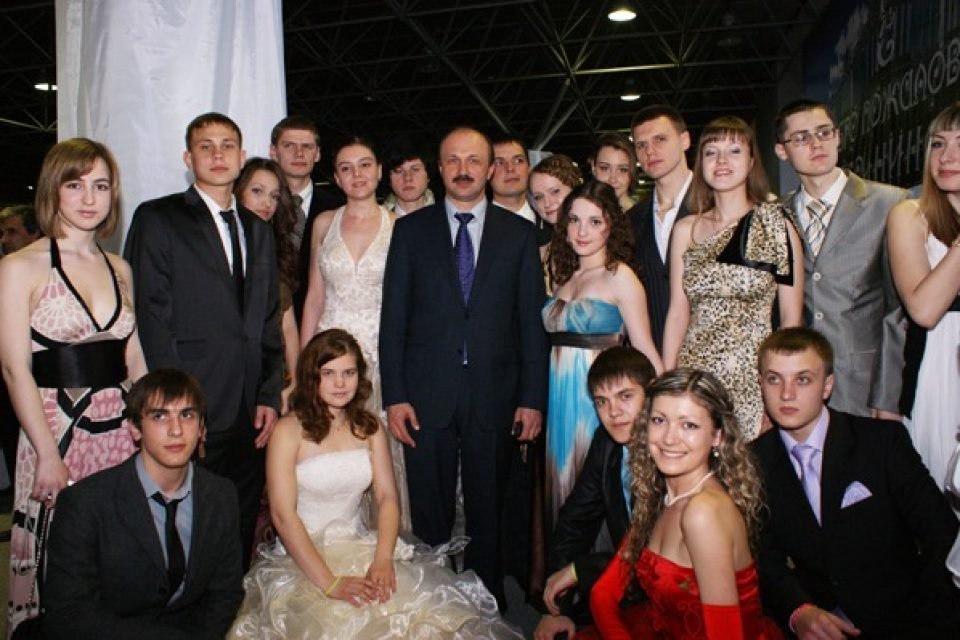


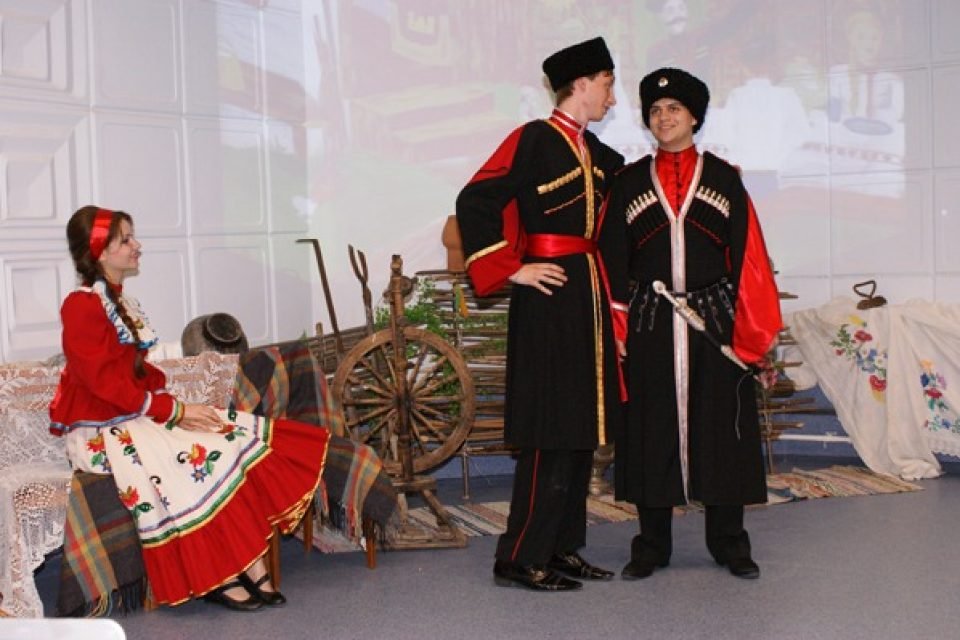
Exploring International Connections at KSMU
Kuban State Medical University (KSMU) welcomes you to its vibrant International Club, a space designed for building friendships and fostering support among students from various backgrounds. Here, you can engage in a range of activities that not only make you feel at home but also contribute to personal growth and cultural enrichment.
Join the Global Community:
Leisure and Learning Unite:
Embracing a Healthy Lifestyle:
Student Scientific Society: Dive into the World of Research:
Student Council: A Community of Care:
School of Tutors: Guiding Freshmen Towards Success:
At KSMU, we believe in creating a supportive and dynamic environment where every student can thrive academically, socially, and personally. Join us on this exciting journey of learning, collaboration, and personal development.
Faculties:
| Year/Semester | Courses |
|---|---|
| 1st Year | |
| Semester 1 | Anatomy |
| Semester 2 | Anatomy & Histology |
| 2nd Year | |
| Semester 3 | Histology, Biochemistry, Anatomy, Physiology |
| Semester 4 | Biochemistry, Microbiology, Physiology |
| 3rd Year | |
| Semester 5 | Pathology, Pharmacology, Microbiology, Pathophysiology |
| Semester 6 | Pathology, Pathophysiology, Pharmacology, Genetics and Principles of Clinical Medicine |
| 4th-6th Year | |
| Semester 7-12 | General Surgery, Primary Care Medicine, Oncology, Psychiatry, Pediatrics, Cardiology, ENT, Neurology, Obstetrics and Gynecology, Internal Medicine, Neurology and Psychiatry, Psychology, Emergency Medicine |
Eligibility criteria for MBBS admission at the University adhere to the guidelines set by the National Medical Commission (NMC) for Indian students. The requirements are outlined below:
Academic Performance:
NEET Qualification:
Age Requirement:
Hostel Accommodation:
Diverse Community Living:
Hostel Management:
Facilities for Academic and Physical Development:
Self-Cooking Facilities:
Well-Furnished Rooms:
Convenient Location:
Step 1: Initial Counseling
Step 2: Submission of Application
Step 3: Payment of Application Fee
Step 4: University Admission
Step 5: payment of 1st year Tuition Fees
Step 6: payment of Visa Processing & Documentation Charges
Step 7: Invitation Letter
Step 8: Visa Application
Step 9: Payment of Consultancy Service Charges
Step 10: Purchase of Air Ticket
Step 11: Document Safety
Step 12: Airport Reception and Briefing
Step 13: Arrival and Enrollment
Documents Required:
To ensure a smooth MBBS admission process Indian students are required to submit the following documents. Please note that all documents must be translated into Russian and duly certified at a consular department of the embassy (This will be taken care by RICH GLOBAL EDU)
Educational Documents:
NEET Exam Related:
Identification and Travel Documents:
Photographs:
Health and Safety Documents:
Ensuring that these documents are properly translated and certified is crucial for a successful application process.
Kuban State Medical University – MBBS Fee Structure
Plan your education journey with clarity and transparency. Below is the comprehensive fee structure for the MBBS program at Kuban State Medical University.
Tuition Fees:
Total Tuition Fee for the Entire Course: $23,500
Other Expenses:
Total Other Expenses for the Entire Course: $1,200
Grand Total: $24,700
*Food/Indian Mess Cost = 100 to 120 USD Per Month
Additional Expenses only in 1st year
| Expense Component | Cost (INR) |
|---|---|
| Application Fees | INR 10,000 |
|
Documentation & Visa Processing Charges This includes:
|
INR 1,00,000 |
| Consultancy Charges | INR 50,000 |
| Air Ticket | INR 30,000 – INR 40,000 |
Countries for MBBS Abroad
Top Universities for MBBS
FAQs
MBBS in Moldova
MBBS in Nepal
MBBS in USA
© 2024 Rich Global Edu